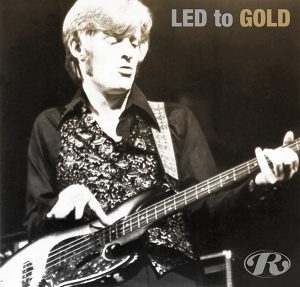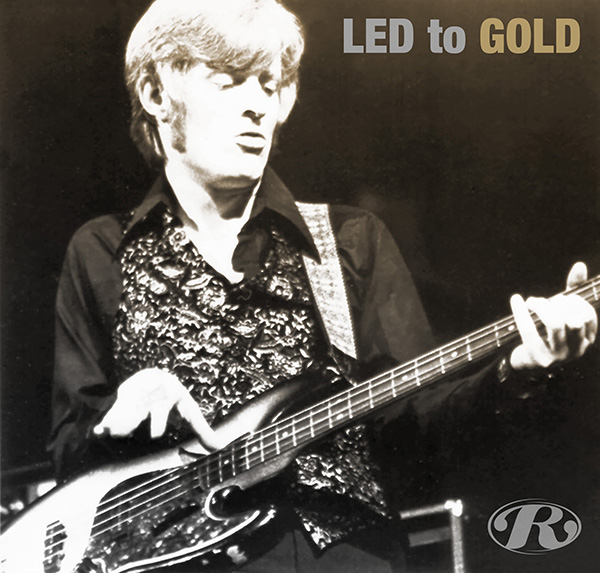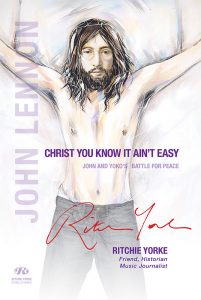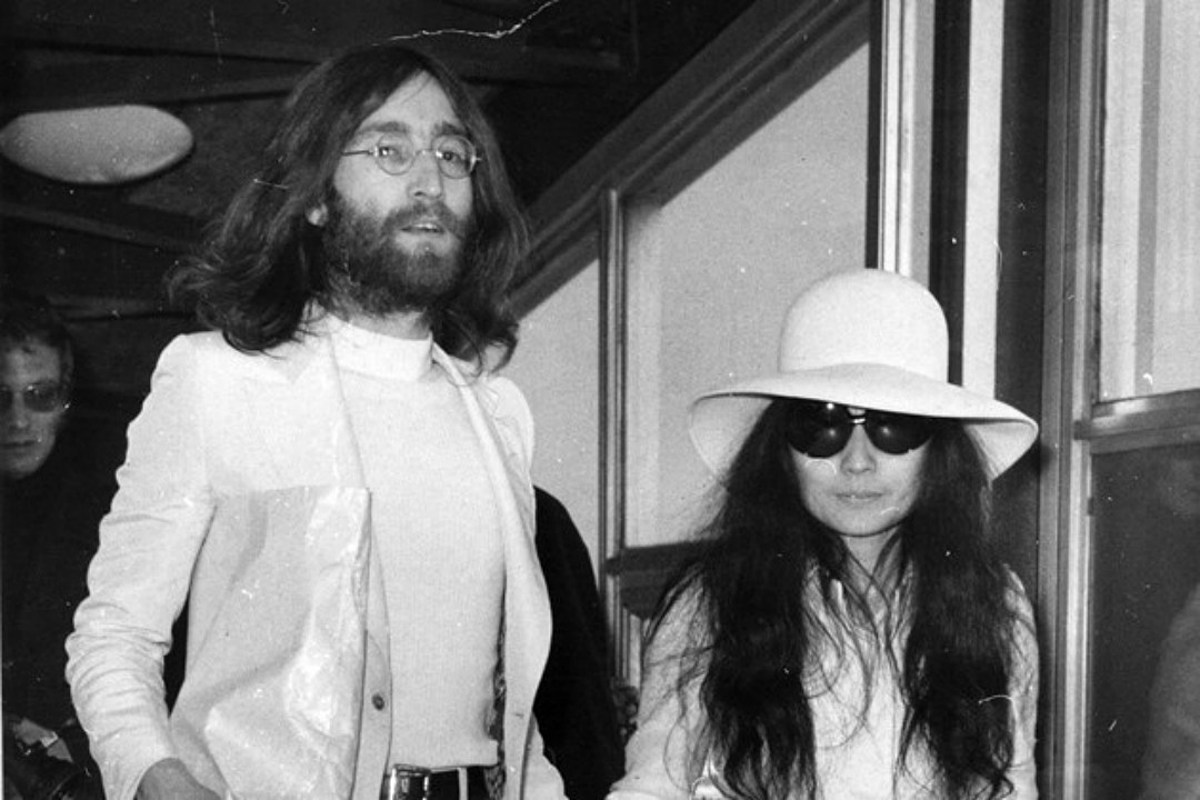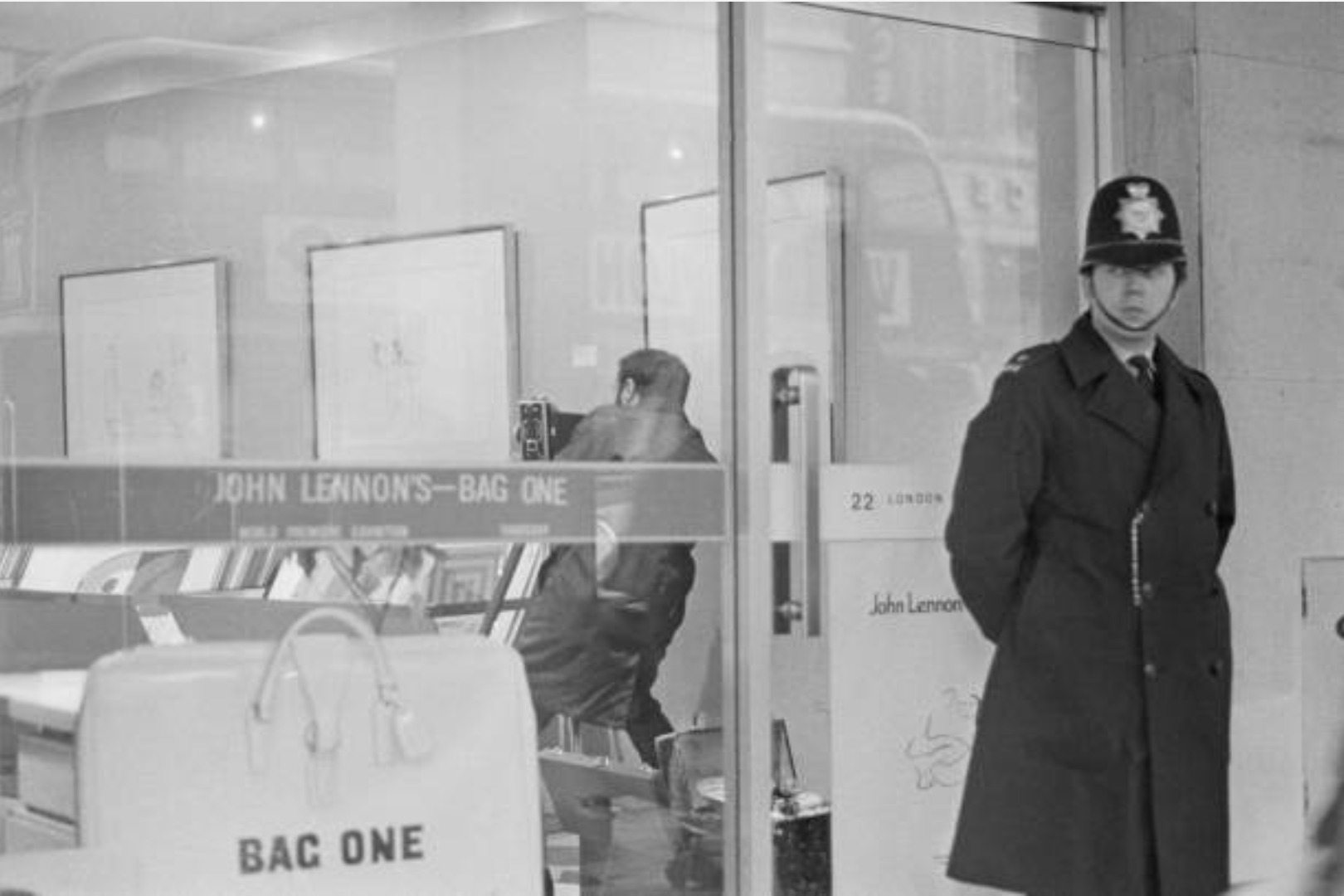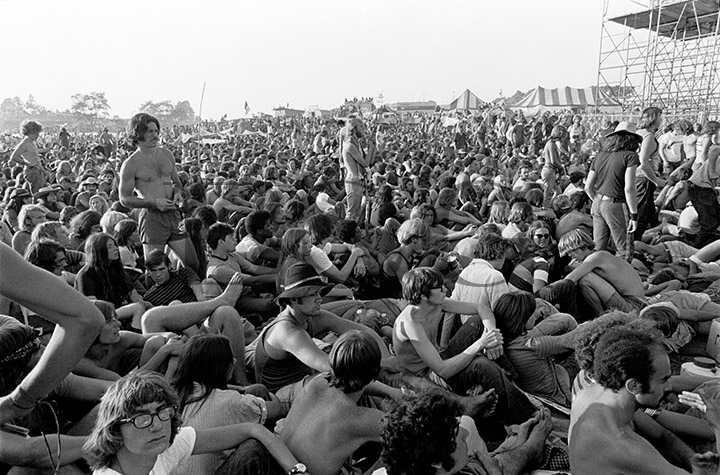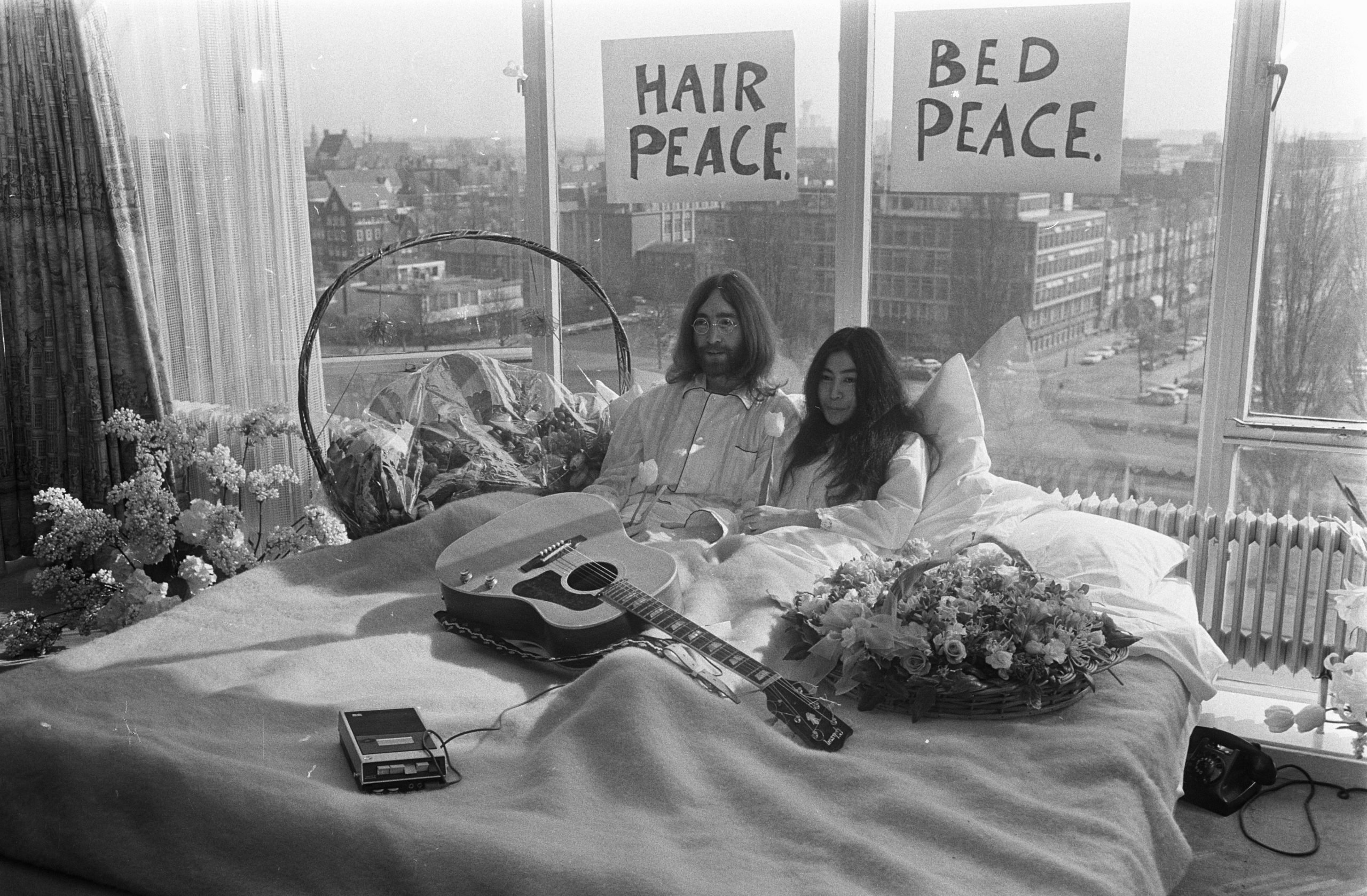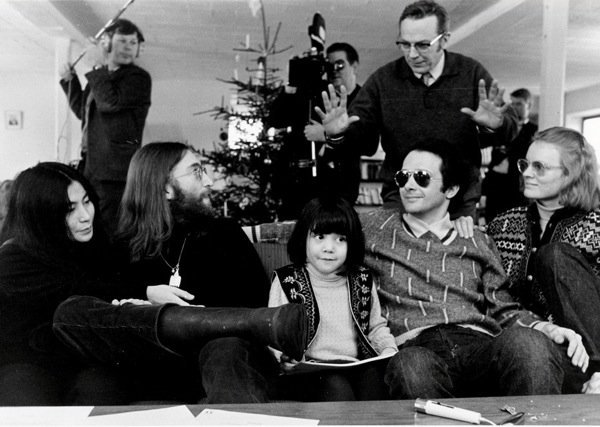RY: BASS HAS REALLY BECOME IMPORTANT IN THE PAST TWO YEARS.
JPP: Bass players have really got annoyed and said to engineers- “ You’ve got to get it through.” Then they went to the people who cut the record, because you can get it on tape and then lose it on record. ’The cutters stajet screaming that it won t’ play with too much bass and people s’ expensive magnetic cartridges will jump up into the air everytime you hit a bottom string.
I think Cassidy did an awful** lot, and he s’ still doing so. He designs bass guitars which are utterly unbelievable.
RY: DID YOU HEAR MOMS MABLEY’S RECORD OF “ ABRAHAM, MARTIN AND JOHN ”? IT HAD FANTASTIC BASS REPRODUCTION?
JPJ: No, I didn t’ hear that. The Motown record that really impressed me was ” I Was Made To Love Her ” by Stevie Wonder. When it came out, I just couldn’t believe it.
RY: YOU MUST BE ONE OF THE DOWN JUST TO HEAR A BASS PATTERN ON A NEW RECORD
JPJ: * Bass players are always like that. The first record that really turned me on to bass guitar was “You Can t’ Sit D own” by Phil Upchurch, which had an incredible bass solo and was a good record as well. Very simple musically, but it had an incredible amount in it.
RY: AFTER YEARS OF SESSION WORK. HOW DOES IT FEEL TO BE IN A GROUP?
JPJ: It s’ a strain, but it s’ a different kind of strain, I much prefer it. I sessions you just vegetate and you reach a certain period where you’re working a helluva lot and that s’ it. You can t’ do anything musically and it s’ horrible. You became a well-used session musician with no imagination.
I used to be the only bass players in England that knew anything about the Motown stuff so I used to do all the cover versions. I often used to almost be in tears at the sound they’d get and the way they used to mess up the songs.
RY: THE ENGLISH SESSION SCENE IS RATHER UNIQUE IN THAT THEY REALLY ONLY HAVE ONE MAN FOR EACH INSTRUMENT, AND IF YOU’RE THE MAN, YOU GET TO DO EVERY SESSION GOING?
JPJ: Right. But it s’ not specialised, which is the strangest thing. You can do anything. Every record that s’ been made in England you could have been on, if they used your particular instrument — from Petula Clark to visiting Americans. I remember one day — firstly at Decca Studios with the Bachelors; then Little Richard, who’d come over to do a couple of English sessions — and it was bloody awful.
RY: IT MUST HAVE BEEN ROUGH AT FIRST, THOUGH WITH PEOPLE ONLY THINKING OF L Z AS JIMMY PAGE’S BAND?
JPJ: Well if Jimmy had been incredibly insecure and really wanted to be a star, he would have picked lesser musicians and gone on the road and done the whole star trip. Everybody in the band recognised that at first having Jim m y s’ name was a great help. In fact, it opened a lot of doors, and once you realised that, and because aware that you had a job to do, it worked out all right.
I’ve been playing bass for ten years now. I’ve been on the road since I was two years old — my parents were in the business, too . . . in variety. They had a double act, musical comedy thing. I was in a professional band with Jet Harris and Tony Meehan. That was when I was 17.
RY: WHAT DO YOU THINK OF ROBERT PLANT?
JPJ: Robert is unique. We’re all unique really, but Robert is really something. I couldn t’ imagine any other singer with us. I just couldn’t. Robert is Robert and there s’ nothing else to say.
RY: HOW ABOUT JOHN BONHAM?
JPJ: John is the find of the year as far as British drummers are concerned. I can t’ remember anyone like him either. It s’ obvious why these people have ended up in the same group. We’ve all the right people. If anybody had to leave, the group would have to split up because it wouldn t’ be L Z any more. Each of us Is irreplaceable in this band.
RY: HOW ABOUT JIMMY?
JPJ: For years and years. I’ve rated Jimmy. We both come from South London and even then I can remember people saying: “ You’ve got to go and listen to Neil Christian and the Crusaders, they’ve got this inbelievable guitarist.” I’d heard of him before I heard of Clapton and Beck.
I probably listen to more of Clapton through Jimmy telling me to than any other reason. I’ve always thought Jimmy to be far superior to all of them. It sounds like a mutual admiration society; people don’t believe me when I say this, but I mean it.
RY: WHY DO YOU THINK ENGLISH BANDS ARE BEGINNING TO BE STRONGER CHARTWISE, THAN AMERICAN BANDS AGAIN?
JPJ: The Americans have got lazy. They’ve had it their way for so long. As soon as some competition comes along and does well, the not-so-good bands get uptight because they think they r’e missing ut on all the work. The better bands pull their fingers out and really come up with something great, and they do as well as the best English bands.
RY: DO YOU THINK WE’RE IN THE MIDDLE OF A SECOND ENGLISH INVASION OF THE U.S. CHARTS?
JPJ: I think it can be taken as a criticism of American bands that so many English groups are getting into the U.S. charts American groups should look at themselves and their music if this is the case, and ask themselves why all these foreigners are going so well when they’re not.
And I’m sure if they looked hard enough they’d come up with one reason or another, and they’d be able to get it back together and make it again.
